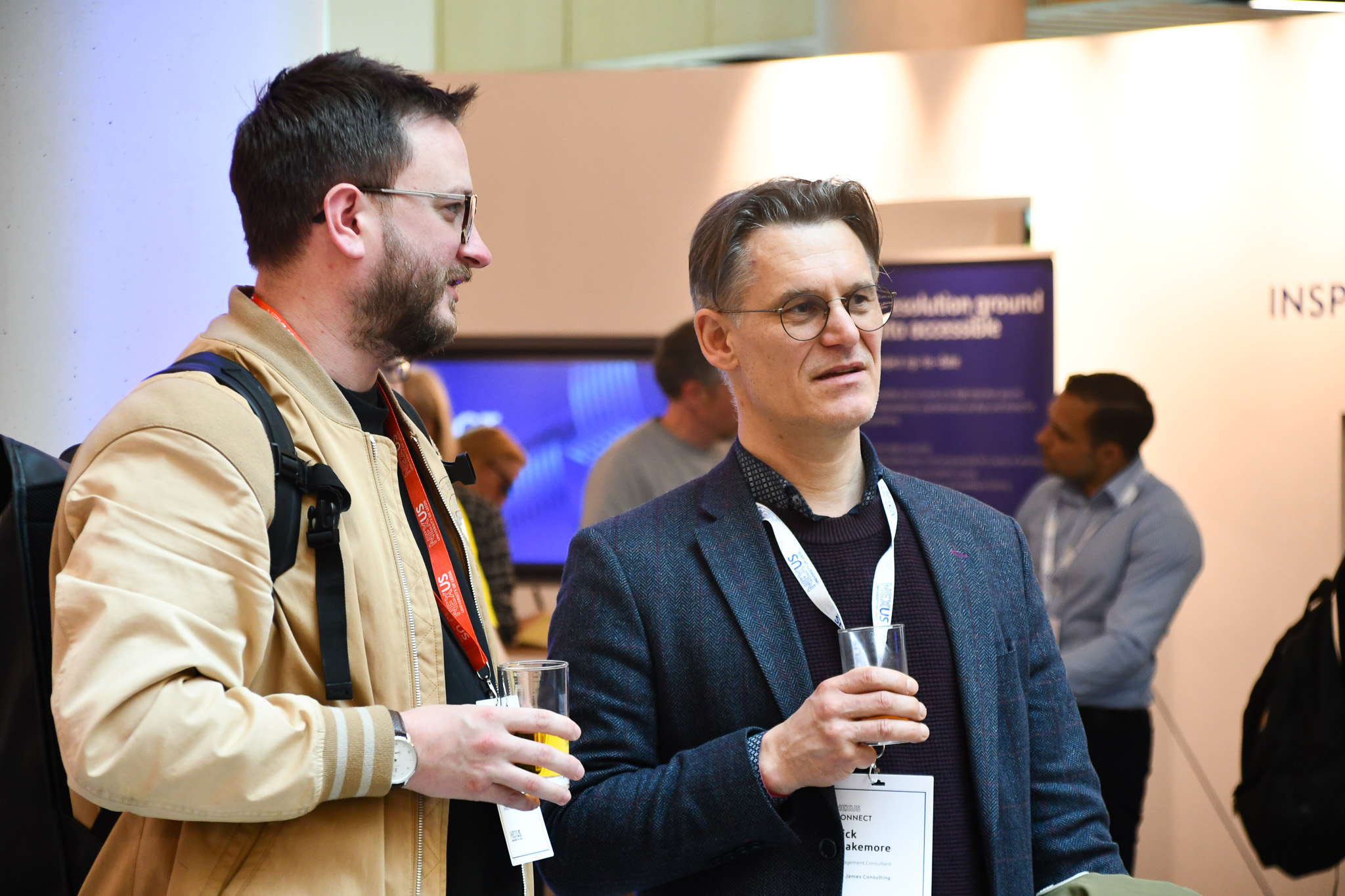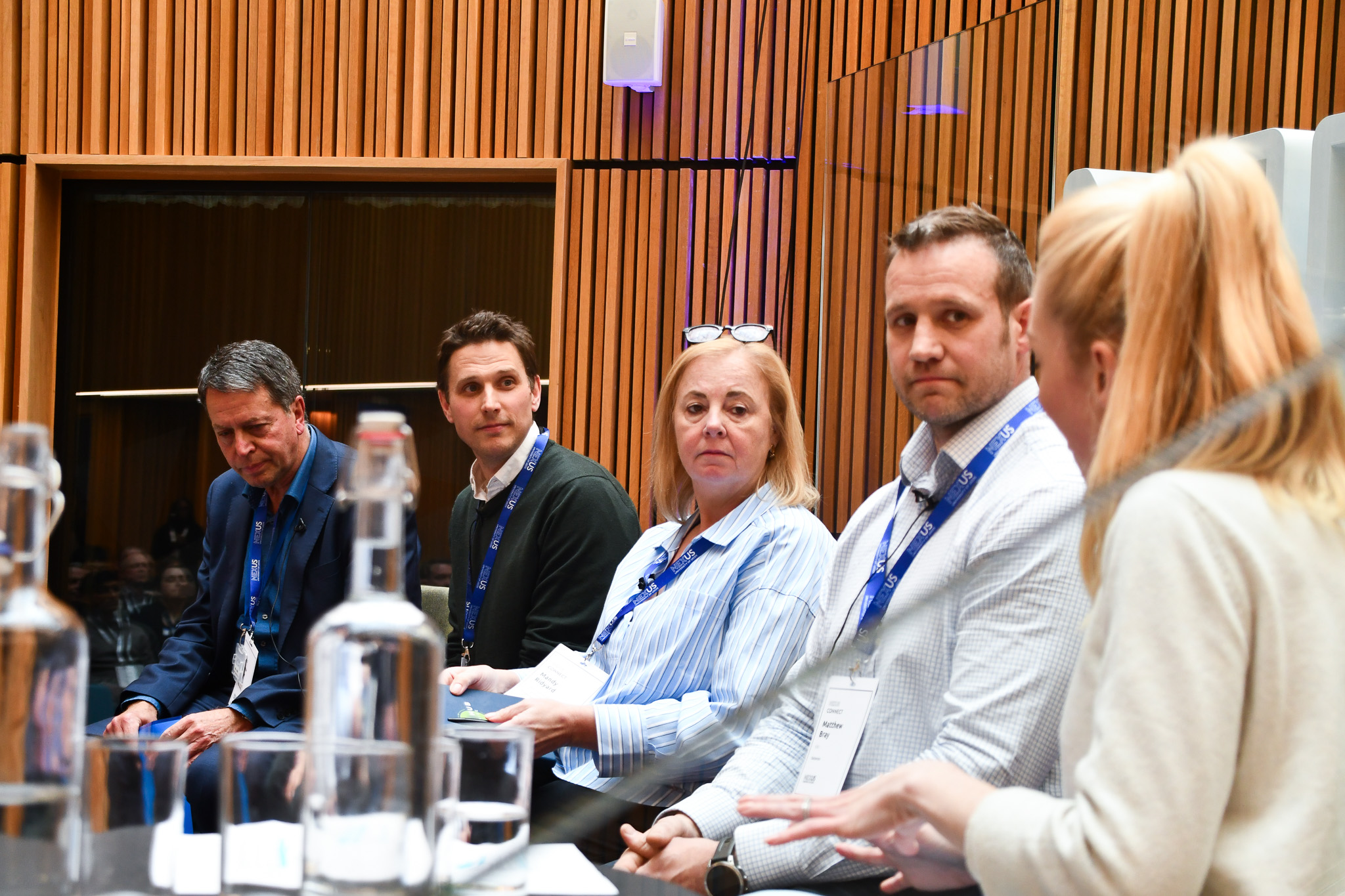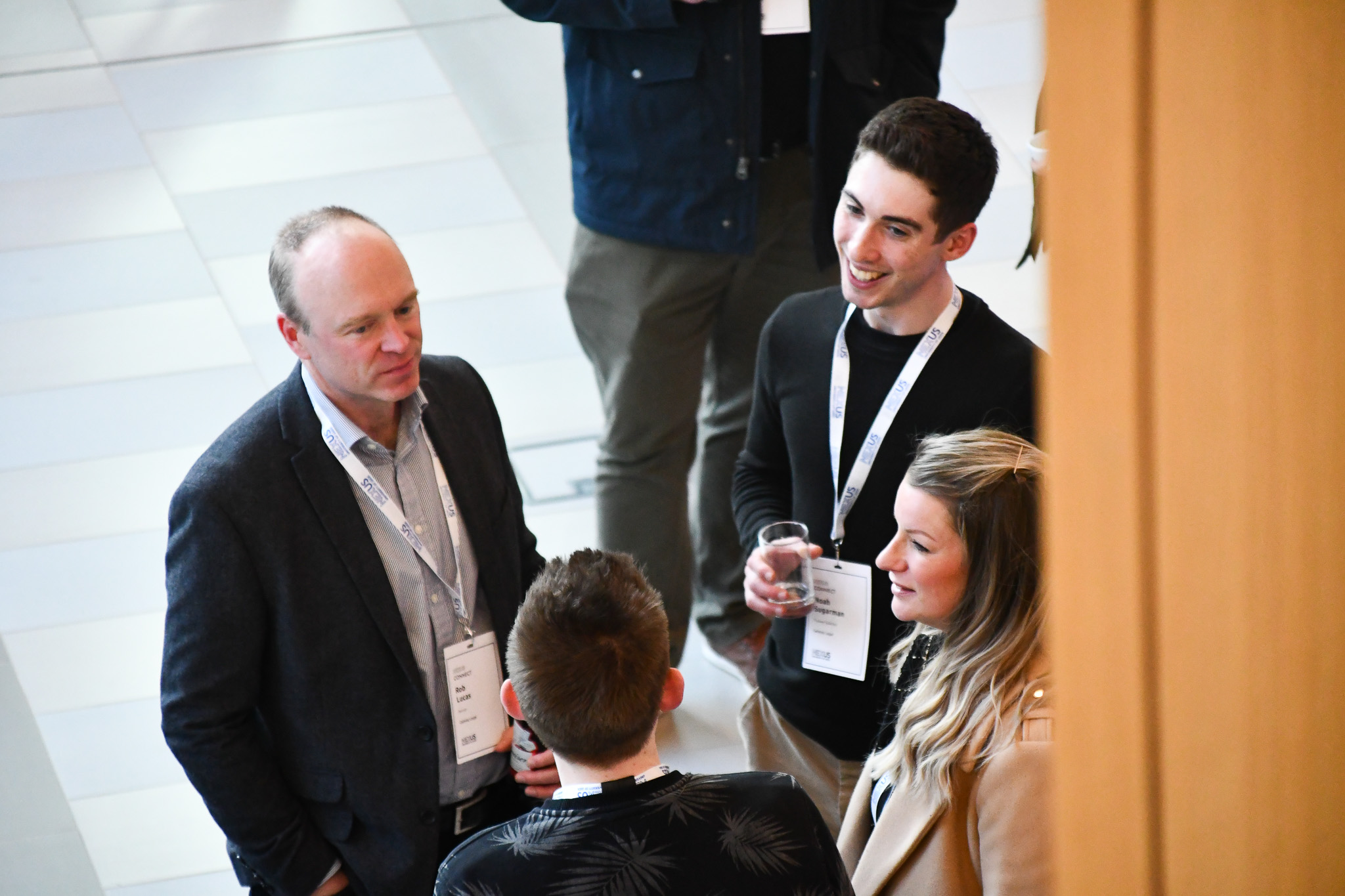Nexus Connect Recap: The Power of Data in Business
The latest instalment in our Nexus Connect programme wrapped up last week giving attendees the scoop on boosting business with data. Our talented panellists – coming from different professional backgrounds – provided a range of perspectives, some exciting connections, and plenty for the audience to think about.
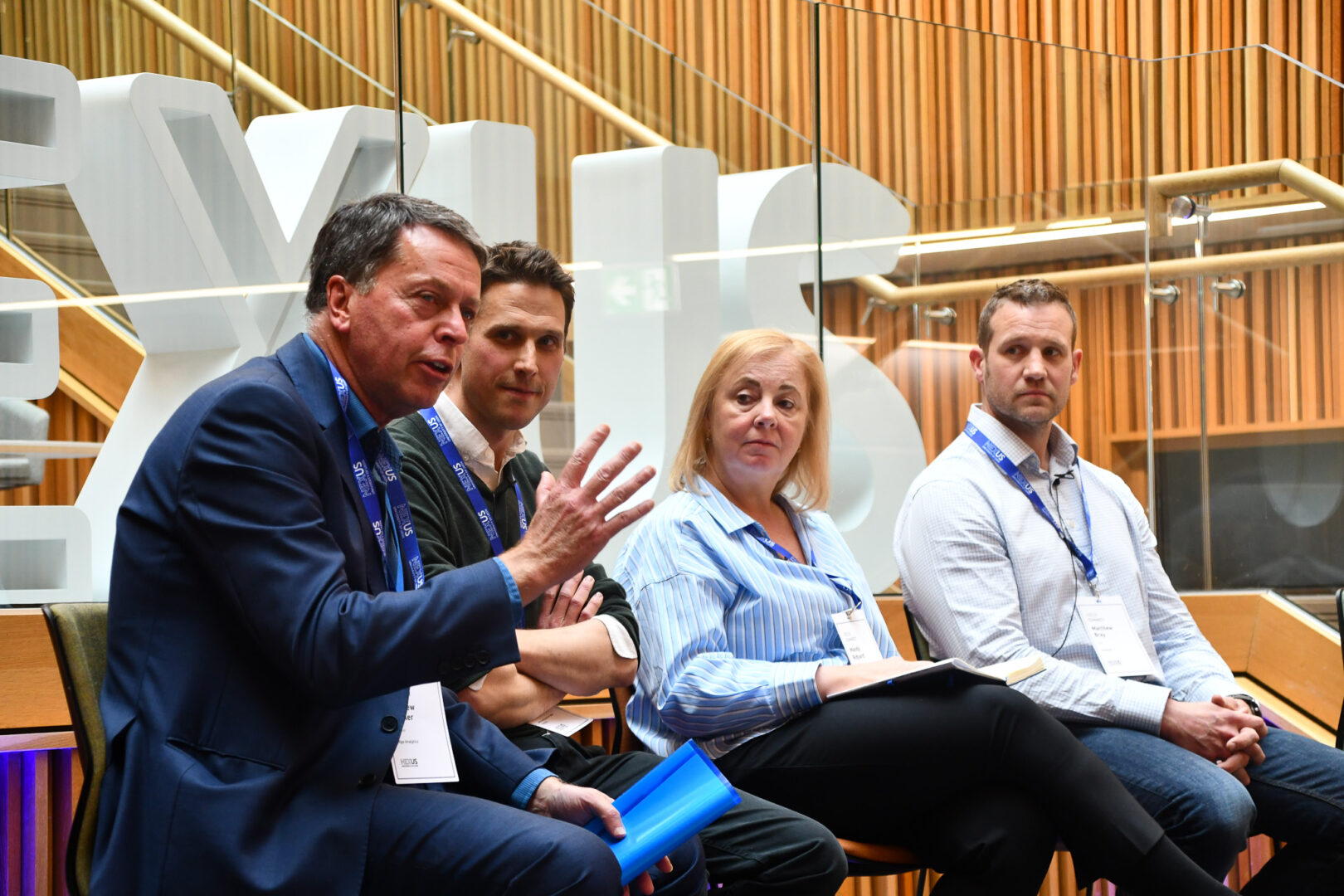
The ninth event in the Nexus Connect programme (which forms part of the Leeds Digital mini Festival) featured the following speakers. Megan McElroy, Nexus’ Marketing & Communications Manager, served as compere for the event.
- Mandy Ridyard, Chair of Space Hub Yorkshire; Co-owner and financial director at Produmax
- Matthew Bray, CEO, Satsense
- Andrew Fowler, Director, Edge Analytics
- Dr Roger Beecham, Director of Research & Innovation, Leeds Institute for Data Analytics
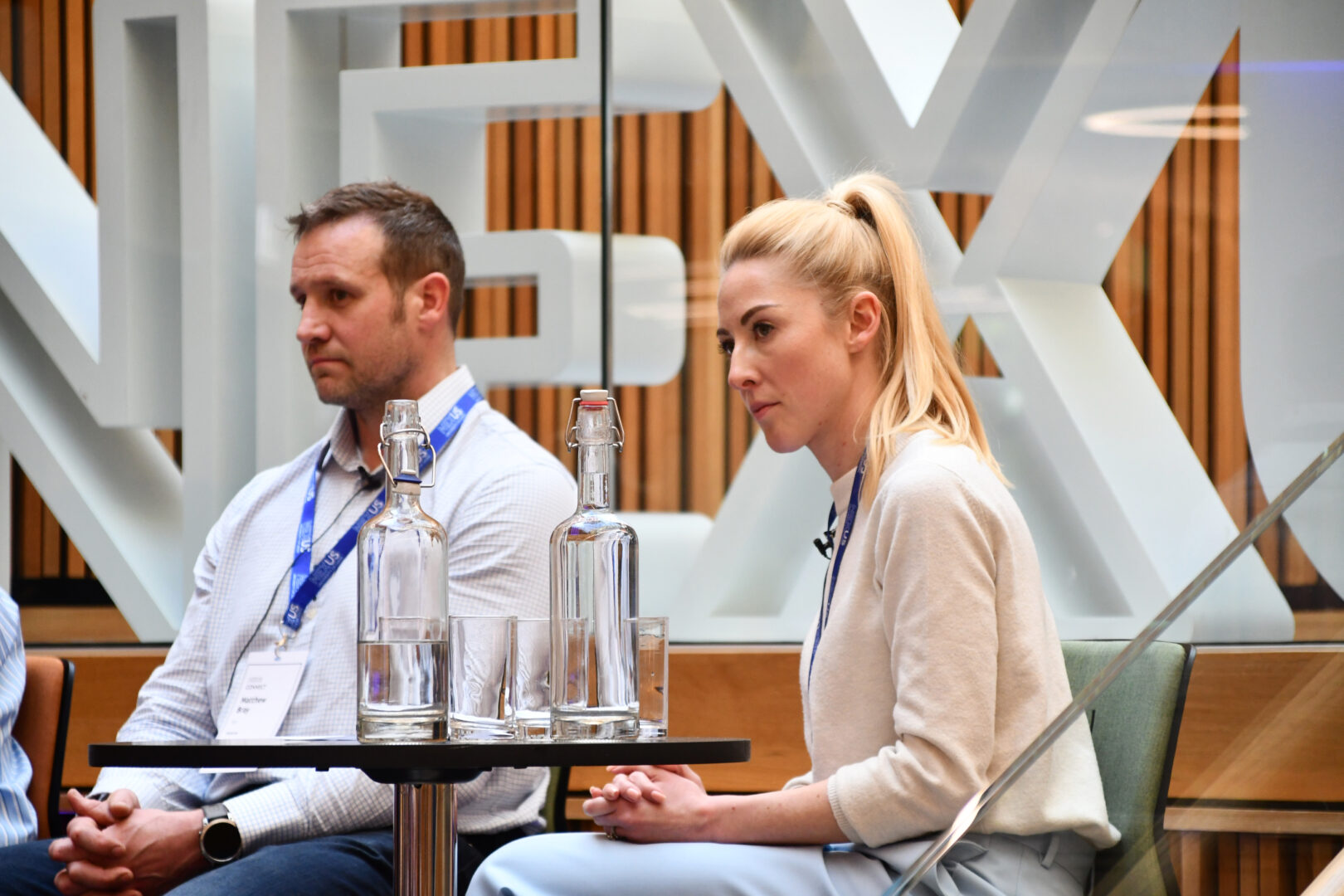
Network connections
Following introductions, the panellists were asked about the chances for collaboration that they’d seen arise from their use of data – along with the roadblocks to doing so effectively.
“A big customer group for us is the rail industry,” said Matthew Bray. “Our data processing work around ground movement has an obvious impact on their work managing our railway infrastructure. We also use machine learning tools to predict other infrastructure failures, which are used by water utility companies to anticipate issues.
“However, much of the satellite data we access is either expensive or lower quality. We’d like to see greater government investment in high-quality commercial data, so that businesses like ours can access it more easily enable our publicly-owned infrastructure to be better managed.”
“We work with the water industry as well, answering questions such as where people will need schools and housing in the near future,” said Andrew Fowler. “We also work with part-time students, giving them the opportunity to work directly with data. Our work has obvious overlaps with what Matthew is doing; that’s the benefit of Nexus. It offers plenty of opportunities for collaboration.
“At the same time, we have our own data access issues. Different perspectives on GDPR, slow updates from the Office for National Statistics and expensive third-party sources (which we may need for client questions) all make our work more difficult.”
“We have strong connections with the European Space Agency and the UK Space Agency, among others,” said Mandy Ridyard. “Our work with the UK Earth Observation Network for Sustainability has applications in areas like natural disasters, sustainable finance and even human health, while we’re also pleased to be attending STEMFest this year. Our own government connections and experience with lobbying might be able to address some of Matthew’s issues.”
“Academics associated with the Leeds Institute for Data Analytics apply Data Science and AI methods across a variety of domains, such as health, social sciences, law and the environment,” said Dr Roger Beecham. “We’re always on the lookout for collaborators with interesting datasets and challenging research questions. We have a well-established Data Science Development Programme aimed at those wishing to develop a career in data science; we also run education and training events on specific techniques, datasets and application domains.”
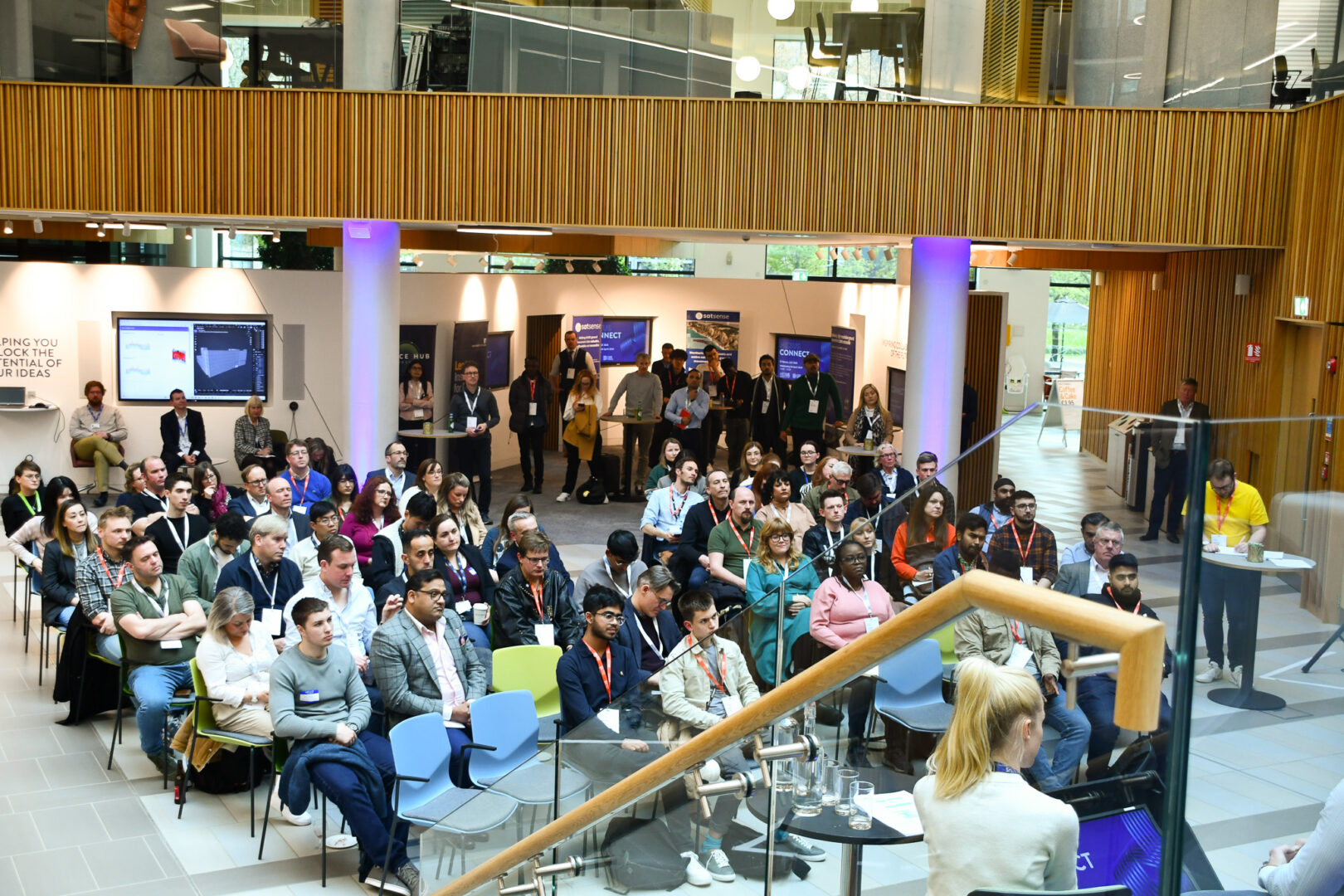
Tips on overcoming business challenges
Become an expert in your subject matter
Andrew Fowler recommends gaining a wider understanding of what you’re doing; not just in terms of data analysis, but the business you’re working in. Try to anticipate the major issues faced by that business, and consider how you can best address them with your own experience.
Look into other businesses
As Matthew Bray has learned, it’s always possible to start collaborating with other businesses. If you think what you do has significant overlap with another company (and there’s a mutual benefit) don’t be afraid to make contact.
Get exposure
Mandy Ridyard strongly recommends forging more connections with other professionals. You can do this by attending networking events (like Nexus Connect!), by speaking at events and by staying open-minded. There are more opportunities in the space sector than you may expect, and the use of space technologies in growing other sectors cannot be underestimated.
Get your hands dirty (metaphorically)
Dr Roger Beecham recommends those starting out in data analysis build up a portfolio of work that can be transparently documented and shared, using open datasets. Demonstrating an ability to work with complex and varied data, and crucially communicate those data-driven findings, makes the case for connecting and collaborating with others far more persuasive.
Keep an eye on our Eventbrite for details of the next Nexus Connect event in June; we’ll be exploring the subject of sustainability, and how we can better meet the challenges it has to offer.
Latest news
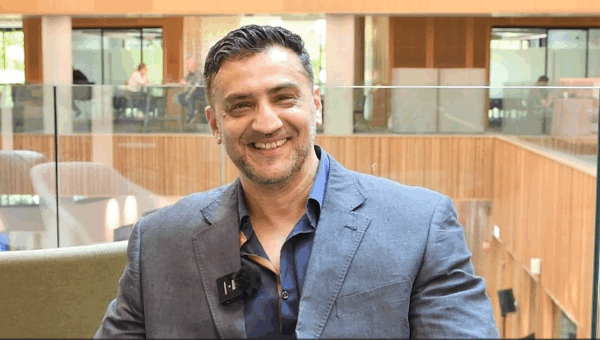
Nexus Meets… Simplimedica
Adnan Ashfaq from Simplimedica speaks to us as part of our Nexus Meets series.
Read article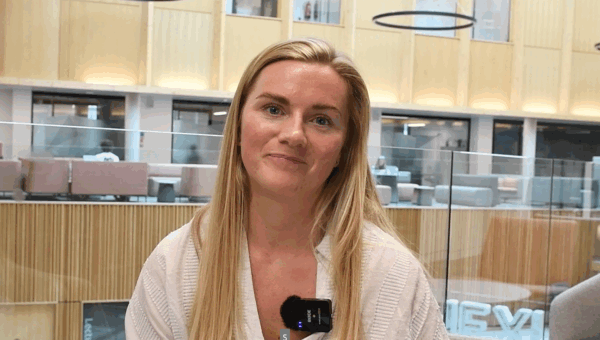
Nexus Meets… Edge Analytics
Lauren Batchelor from Edge Analytics speaks to us as part of our Nexus Meets series.
Read article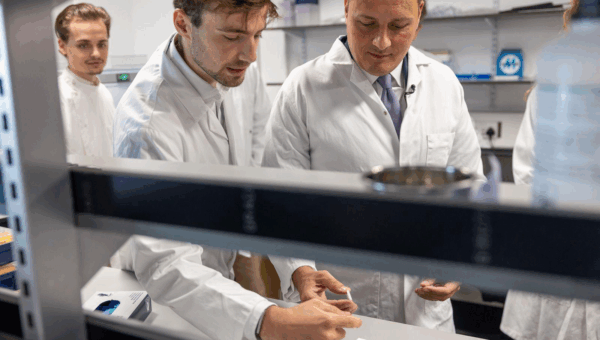
Welcoming MHRA to Leeds: Nexus hosts roundtable as new digital hub launches to drive innovation and growth in the region
As long-standing supporters of the region’s health innovation ecosystem, we were honoured to welcome Secretary of State for Health and Social Care, Wes Streeting, and the Medicines and Healthcare Products Regulatory Agency (MHRA) Chief Executive, Lawrence Tallon, at Nexus this week.
Read article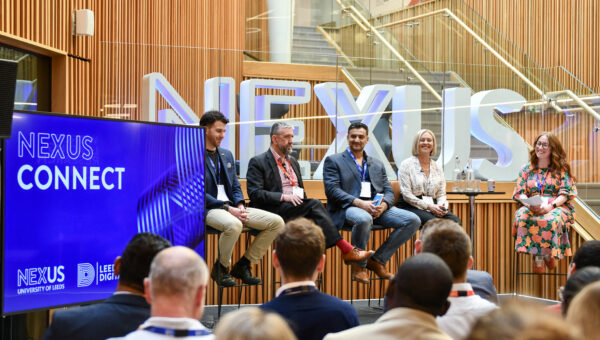
Nexus Connect: Health Innovation and Regulation
At our latest Nexus Connect event, we welcomed four leading voices in the healthtech and medtech regulation landscape to share their expert perspectives and first-hand experiences navigating one of the most complex – and critical – aspects of health innovation, regulation.
Read article
